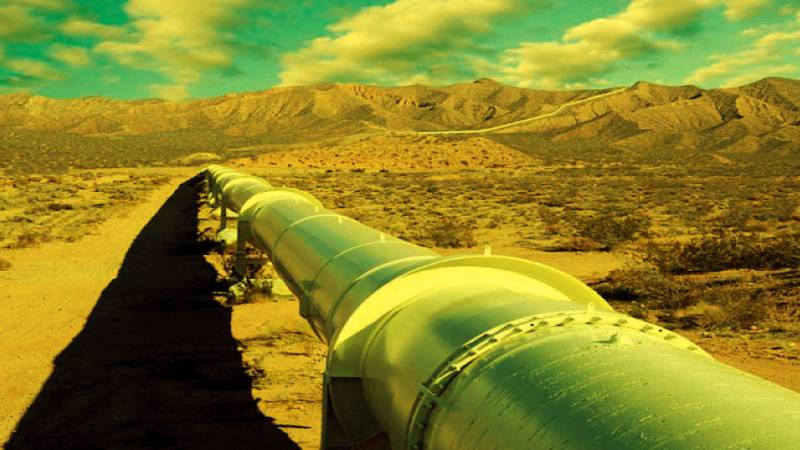
The coalition government led by Prime Minister Shehbaz Sharif is considering signing a multi-billion liquefied natural gas (LNG) pipeline deal with Russia to meet the country's growing energy demand.
Islamabad's decision arises after Russian President Vladimir Putin proposed to build an LNG pipeline from Iran to Pakistan and then to India during a meeting with Prime Minister Shehbaz on the sidelines of the Shanghai Cooperation Organization (SCO) summit earlier this month.
During the meeting, the prime minister emphasized the potential for increased and enhanced trading between both countries, as well as his willingness to work closely with President Putin to strengthen bilateral ties.
The two countries's trade relationship is valued at between $800 and $900 million each year, and there is an ambitious desire to expand it to its full potential in the next few years.
According to senior official sources, various ministries are conducting internal examinations, and Minister for Petroleum Musadik Malik has been tasked with conducting a study and developing viable options in light of the US sanctions imposed on Russia and Iran.
The concerned ministries have been tasked with assessing this potential, taking into account regional and global realities, and developing realistic strategies to increase trade by $20–$25 billion per year.
Furthermore, other routes are being explored for carrying out this project, as earlier initiatives for regional energy connections in the form of both electricity and gas have failed despite extensive promotion over the last few decades.
The LNG pipeline expansion comes as Russia's trading with European nations has decreased by 70%, prompting them to seek new markets, including South Asia.
Both countries also have a history of LNG cooperation, with Islamabad and Moscow agreeing in 2015 to build a 1,100-kilometer (683-mile) pipeline to supply imported LNG from Karachi on the Arabian Sea coast to power facilities in the northeastern region of Punjab.
